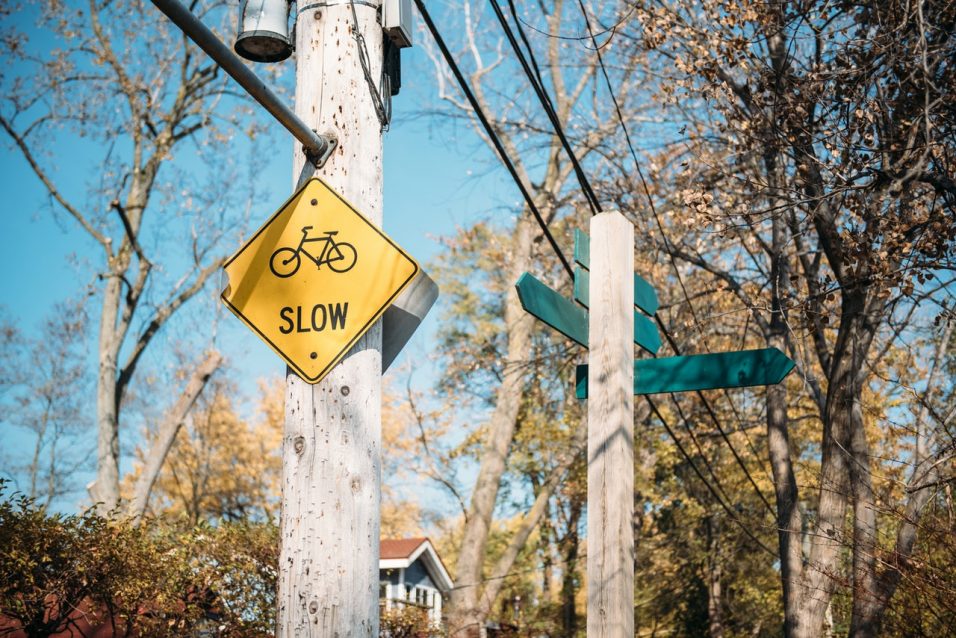Creativity is a double-edged sword. On the one hand, anyone who has composed a story knows the thrill of having made something, of having pulled together a fictional universe from thin air, using nothing more than words. It’s a form of magic.
On the other hand, there’s a lot of work involved. And it’s usually low-paying, soul-killing work.
If you’re a writer, you know the feeling. You start off with an explosion of an idea in your head. You’re excited about it, and the universe that has taken form in your brain expands quickly, all hot gases and explosions of inspiration. Before you know it you’ve written a few thousand words, drawn some maps, and conducted a thorough casting call of the best actors in the world to play your characters.
That’s the easy part. The Hot Gas Expansion part of writing a novel. At some point, your Big Bang will cool off, expansion will slow, and you’ll run into a bit of trouble getting through the middle part. In fact, if you don’t put in enough work to keep all your galaxies and planets spinning, your fictional universe might experience Heat Death and start to collapse into a Big Crunch.
I wonder how many space metaphors we can cram in here?
The Slow Down
Almost every writer hits a wall after that initial burst of inspiration—or, if not a wall, a Slow Down. This is inevitable when you stop dealing with a rush of ideas and start trying to organize them into a plot, characters, and a stable universe in which to place them. It can be a frustrating moment for a writer, because you go rather suddenly from rushing along, having fun to crawling along, in the dark, with sweat stinging your eyes.
Pushing through the Slow Down is the only way you’ll get that book written, usually, but there are plenty of different ways to get through it. You can just push and push, of course, pouring words onto the page laboriously until the damn thing is done. Or you can step away and take a break, and come back when you’ve got the itch back. You can skip ahead and write a scene in the future of your plot because it’s more fun. Or you can decide that if you’re working this hard to write the scenes, your readers will have to work that hard to read them and you’ll scrap everything you’ve done since you hit the Slow Down and start again.
The key is to try to push through, because Slow Downs happen and they don’t necessarily mean your story is no good. A Slow Down might mean that, but to find out you have to put the work in first. And the key to working through Slow Downs is to know they’re coming, no matter how intense your excitement is at first.
If you’re very unlucky, like me, you might actually wind up with several WIPs in Slow Down Mode simultaneously. Which is when you just go on a bender.

